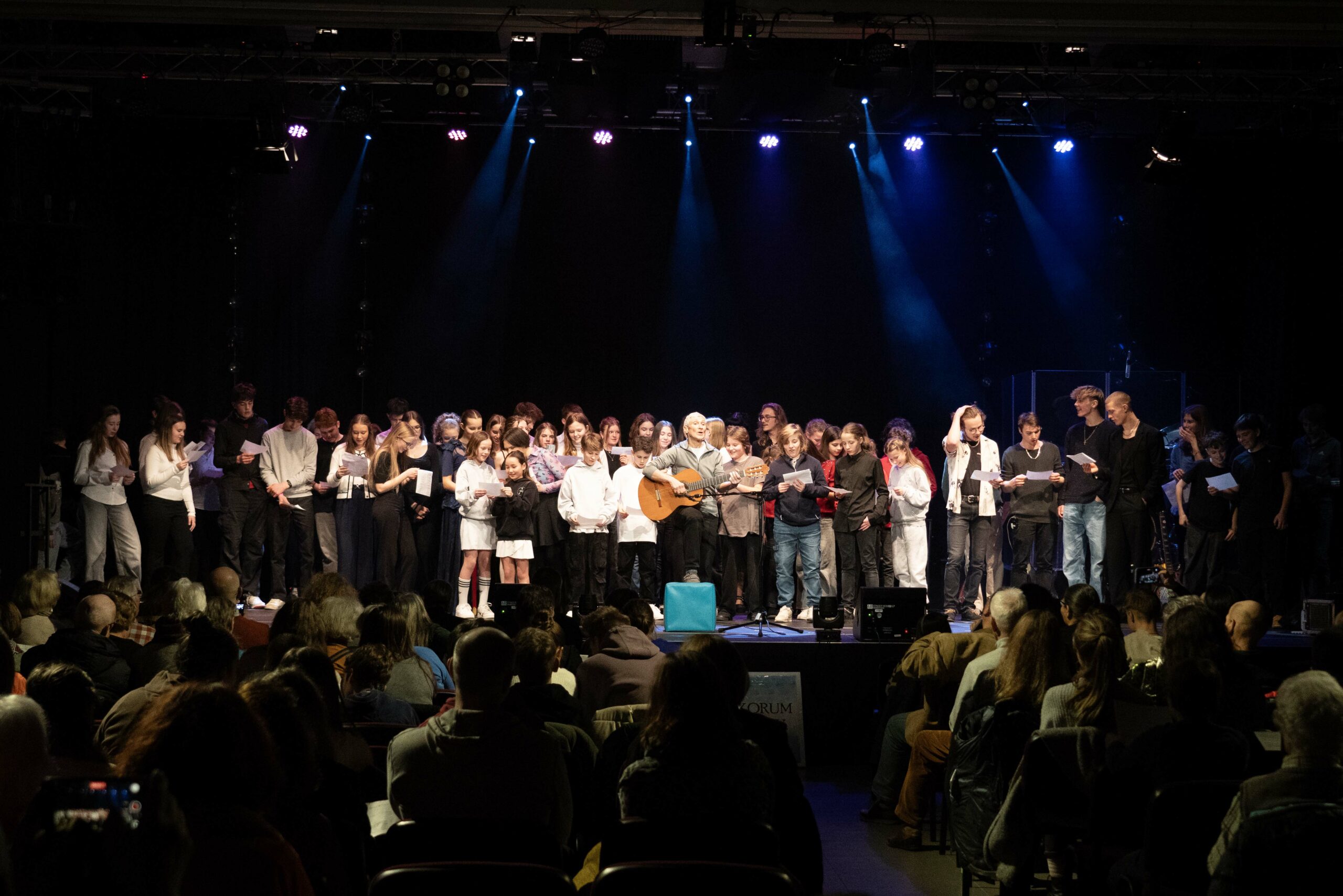
Charity Concert
February 7, 2025: The traditional charity concert at Karlsgymnasium Bad Reichenhall was a wonderful success and we thank all participants for their commitment.
Rasool was born in the village of Kurphe in the Upper Braldu Valley. At the age of 14, he started to work as a porter. Later he became a high-altitude porter who helped climbers to reach the summit of 8000 m peaks.
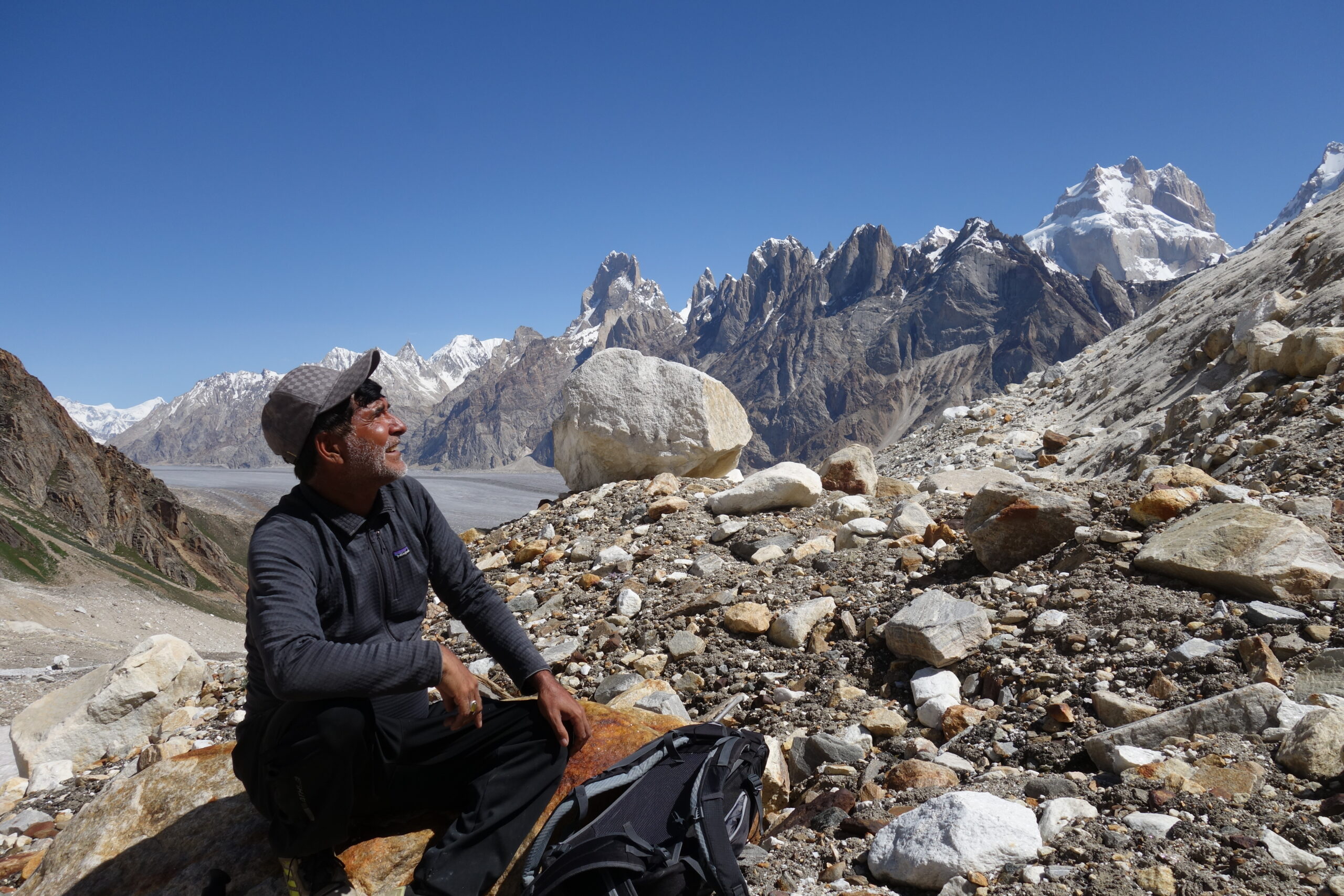
Rasool hails from the village of Kurphe in the Braldo Valley, situated opposite Askole on the far side of the Braldo River.
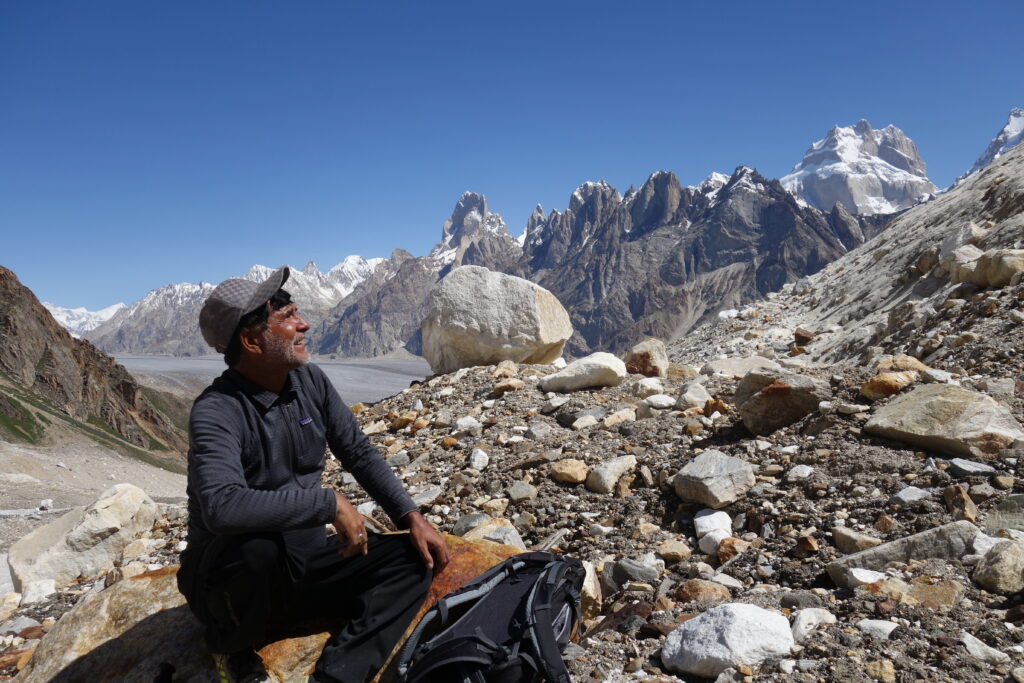
He is believed to have been born in 1969, though the exact year remains uncertain, as births in the mountain villages were not officially recorded at the time. He was the fourth child in the family; his mother had previously given birth to a son and two daughters, and after him came another daughter. Rasool saw his father only rarely, as the latter was embroiled in a protracted dispute over land rights, which led him to pursue legal action and spend years living in Skardu. Thus, it fell to his mother to single-handedly care for the five children while also tending to the fields and livestock.
As a boy, Rasool tended the village’s sheep and goats. Each morning, he would lead the animals up to the alpine pastures and bring them back down in the evening. Spending his days walking up and down the steep terrain made him quite fit. At the age of 14, he began working as a porter. Though still rather small, he carried loads of 25 kilograms. He felt strong and was proud to contribute to his family’s income. Moreover, he relished the evenings spent around a fire with the older porters, sharing chapati(flat bread) and namkin chai (salted butter tea), while listening to their stories—tales of the strange behaviour of foreigners, of disputes and strikes, of accidents and celebrations.
His first experience as a porter was for an expedition in the valley of the Biafo Glacier. For the four-day trek to the base camp, he and the other porters earned a total of 200 rupees (approximately 2 euros).
For more than 12 years, Rasool worked as a porter, and as he grew older, he sometimes served as a porter sardar (supervisor of the porters), leading treks to the base camps of K2, Gasherbrum I and II, Broad Peak, Trango Towers, Latok, Ogre, and many other peaks of the Baltoro and Biafo regions.
He loved this work, whether as a simple porter or as a sardar. Being out in the mountains brought him great joy, and carrying the heavy loads never bothered him.
At that time, porters had no proper equipment—no mats, no sleeping bags, often not even blankets. Despite the many hardships—cold, wet conditions, scarce food and water, inadequate gear, painful pressure points from carrying heavy loads, and more—Rasool was content and cherished his time with the other porters. They always managed to have a wonderful time together, sharing jokes, laughing, and singing as they made their way through the rugged terrain.
On one expedition where Rasool worked as a porter, the expedition leader noticed his remarkable speed and strength. He suggested that Rasool be employed as a high-altitude porter. Thus, in the following years, Rasool accompanied mountaineers on some of the highest peaks, hauling their equipment up and down the treacherous slopes.
However, he never truly felt comfortable in this role. In Baltistan, one does not become a high-altitude porter out of a love for mountaineering but out of necessity. 20 years ago very few Balti men were prepared to take on this job, and today many climbers employ Sherpas from Nepal, as there are not enough Balti high-altitude porters – or at least not enough who are willing to risk their lives for success on the mountain.
High-altitude porters are the first to set out after fresh snowfall, breaking trails and exposing themselves to increased avalanche risks. They are also the last to return to camp after a summit climb, as they must wait for the slowest member of their group, which significantly heightens their risk of frostbite. Moreover, their equipment is vastly inferior to that of foreign climbers.
In 2000, Rasool worked for a German expedition to Gasherbrum II. At the same time, Barbara Hirschbichler was part of a Swiss expedition on the same mountain. This was where the two first crossed paths. They reached the summit together but then parted ways. Two years later, they met again, this time on Broad Peak…
Rasool never had the opportunity to attend school. During his childhood, there wasn’t a single school in the entire area. Over the years, he taught himself all the skills necessary to manage a humanitarian organization. His selfless dedication, foresight, and integrity are the cornerstones of the organization’s success.


February 7, 2025: The traditional charity concert at Karlsgymnasium Bad Reichenhall was a wonderful success and we thank all participants for their commitment.
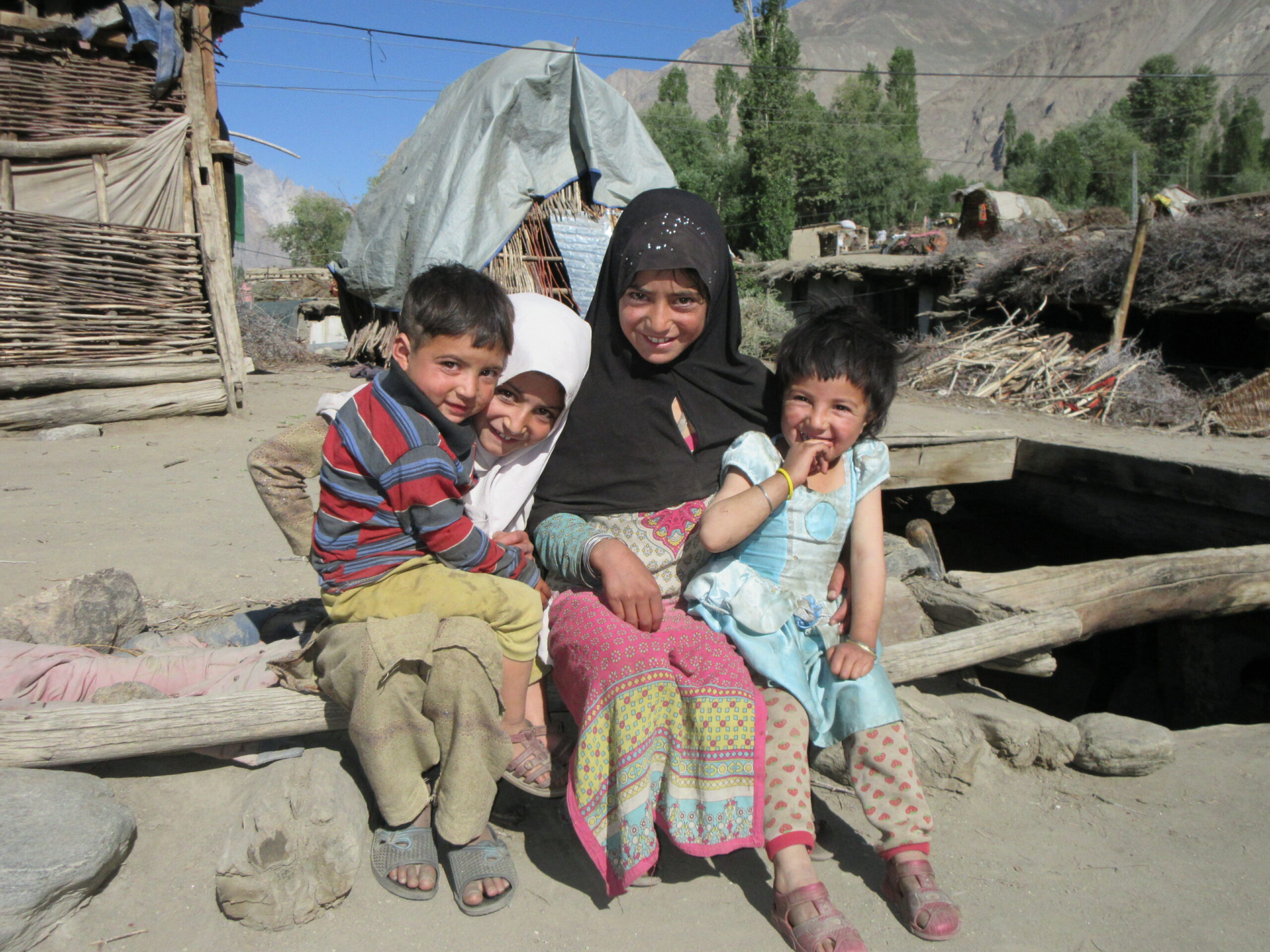
As always at the end of the year, we inform our friends and sponsors about our current projects.
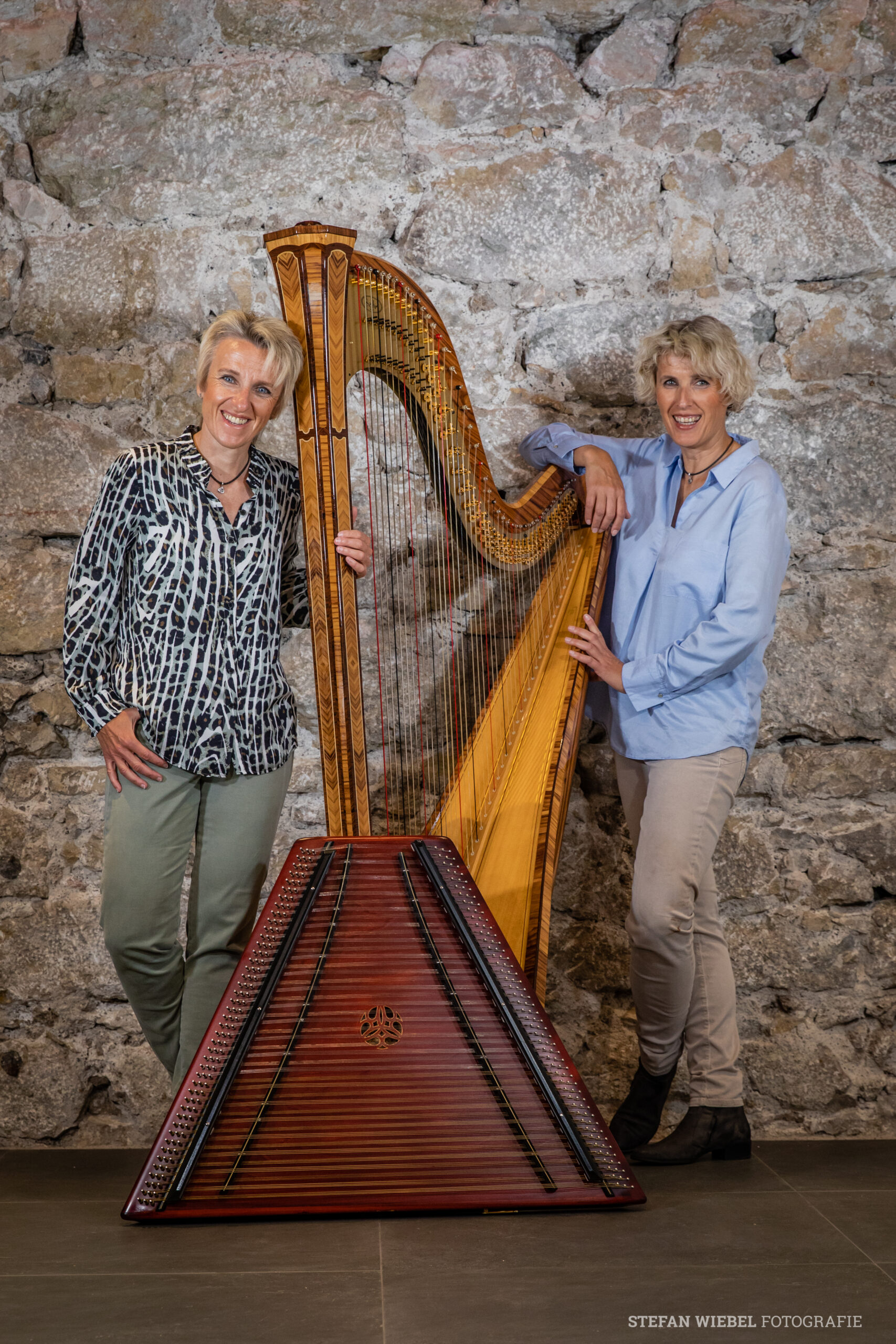
November 2024: On Friday, November 29th, Eva Kastner (harp) and Sabine Schmid (dulcimer) performed a benefit concert at the Karlsgymnasium Bad Reichenhall for the Karakorum Aid organization. We extend our heartfelt thanks for their support!
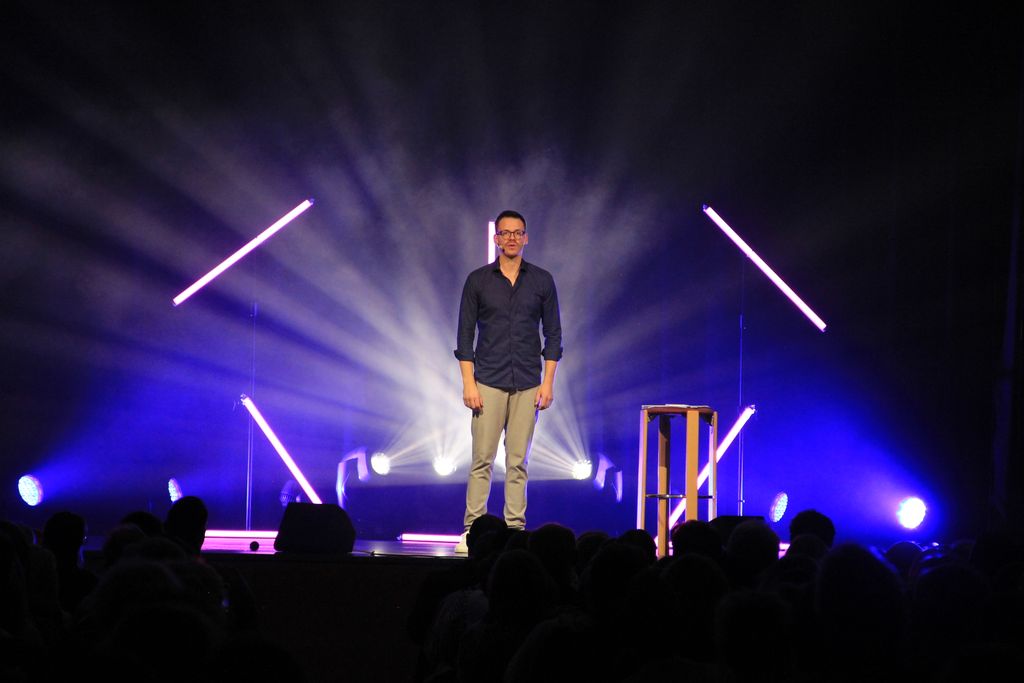
September 2024: On September 19th, the comedian Martin Frank performed at the Stadthalle Pfarrkirchen and donated his fee to the Karakorum Aid organization. This event was organized by Antonie Lindner. We extend our heartfelt thanks.
